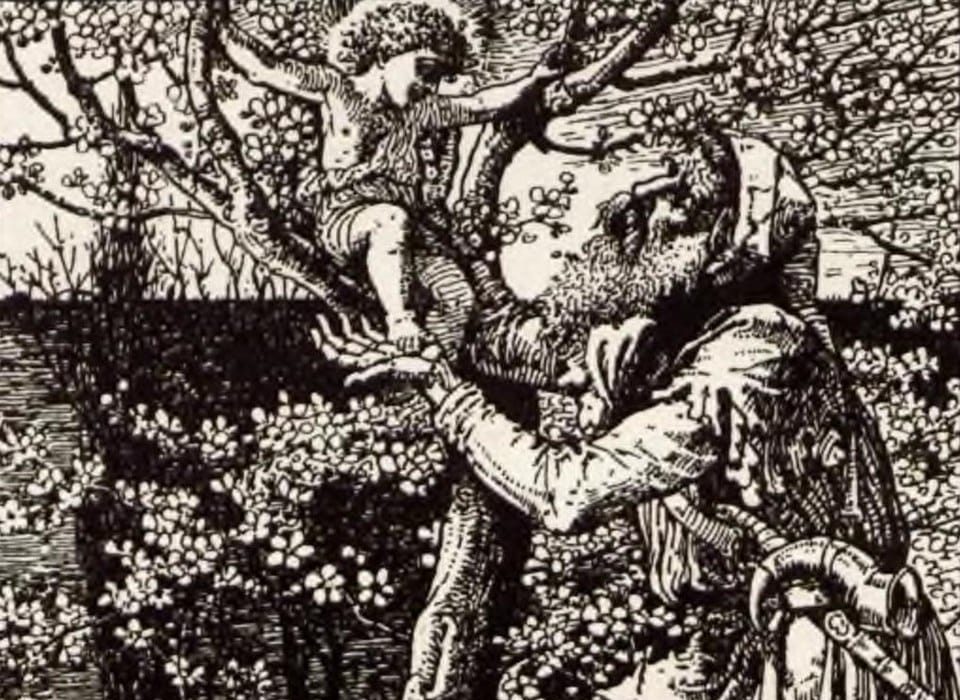“The last man on Earth sits alone in his room when suddenly there is a knock at the door.” Perhaps one of the scariest short stories ever written, this one line can make your skin crawl. Yet, in I Am Legend by Richard Matheson, the protagonist faces this scenario every single night. An excellent novel of humanity versus assailing monsters, this novel covers a lot of ground in a short amount of time.
Summarizing the Apocalypse
The novel tells the tale of Robert Neville who appears to be the sole survivor of a pandemic. The sickness has ravaged the world and turned the dead into vampiric monsters that come out at night to terrorize the protagonist. Neville spends much of the novel grappling with loneliness and hardship as the only one left alive.
The mutants, he comes to find, are bothered by sunlight and have a thirst for blood. He calls them “Darkseekers” and shows little remorse in removing them from the city. To keep himself occupied, Neville stakes sleeping vampires and looks for a cure. He works time and time again to kill these creatures, and hopes to one day be reacquainted with humanity.
Neville lives alone and barricaded in his home. When he is out, he brings weapons and takes blood from the vampire-mutants. A ramification of his loneliness includes constantly dwelling on the death of his wife and child. As the days wear on, Neville notices the vampire-mutants organizing and more sedate. After being attacked by a female Darkseeker, Neville comes to the conclusion that she is there to distract him so that he is more easily captured.
After he is imprisoned, he is visited by the leader of the Darkseekers, who tell him that he, in fact, has become a legend in their new community. In the end, it is Neville who has become a legend, and his execution will seal the fate of all humanity. His death will make way for the new vampire-mutant civilization.
Vampiric Backgrounds
Matheson wrote I Am Legend and Gold Medal Books published it in 1954. He said the idea came to him when he was about 16 years old after seeing Dracula.
“… if one vampire was scary, a world filled with vampires would really be scary,” he said in an interview “I regard that as my only science fiction novel.”
Matheson said he actually came around to write the book in 1952 while living in Gardena, CA. This setting would drive the story and Neville’s isolation. The novel delves into the depths of humanity and explores plausible theories about vampiric creation.
Themes of Loneliness and Isolation
Neville’s psychological state is impacted in the novel by his loneliness severely. In many scenes, Neville questions his actions and the ethical nature of his vampiric destruction. In his home, barricaded, he experiences emotional distress. While he continues to fortify his home, kill vampires, and listen to records–for normalcy–he slowly crumbles through alcoholism and rage.
While constantly reflecting on being the last man on Earth, Neville finds only darkness and sadness. The monster in the city, was in fact sitting right in his living room. This existential understanding changes his perceptions of what it means to be human, and what his legacy will be in the new society of vampire-mutant hybrids.
Conclusion
Richard Matheson’s I Am Legend is an excellent, fast-paced book about the perils of being the last person alive on Earth. It deals with intense feelings of loneliness and sadness. Meanwhile, the action is fierce and violent. Matheson is able to juggle these to concepts expertly.





Leave a comment